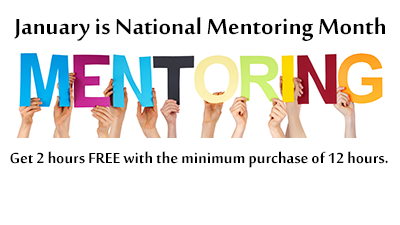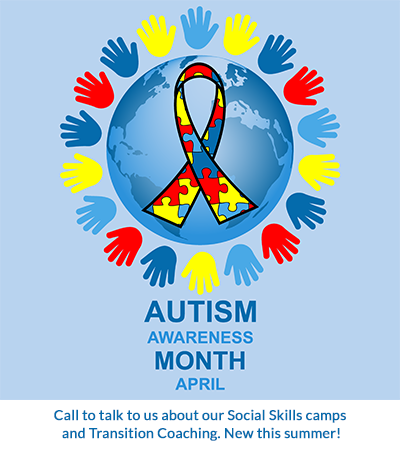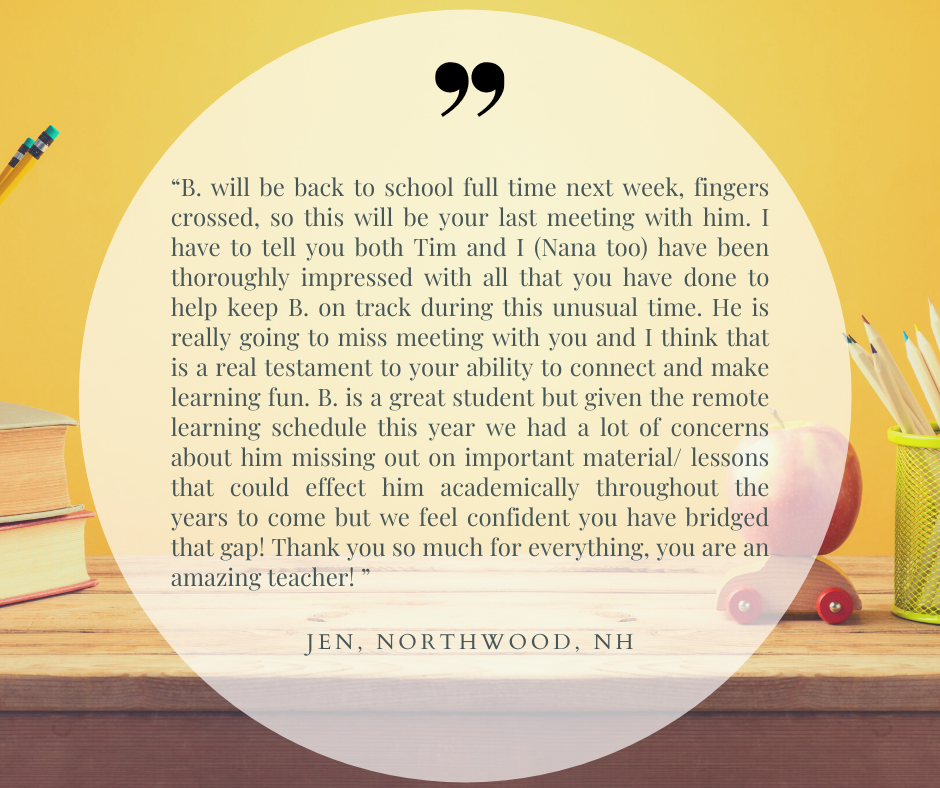 This is the second in a series of blogs on some significant issues in education in the US. It is about the “teacher shortage” in the US.
This is the second in a series of blogs on some significant issues in education in the US. It is about the “teacher shortage” in the US.
Why did I put that in quotes? Well, because if you look at the literature and follow the media, and if you talk to teachers and to politicians, and if you go down to your child’s school and ask the administration about filling teaching positions, you get as many answers as people you talk to and articles you read.
Let me state up front that in my (not so humble) opinion, there is definitely a teacher shortage. I write from long experience in the field of education and from extensive research into the problem. But I can also say that there is not one cause, nor is there one solution.
Take a look at a U.S. Department of Education, Office of Postsecondary Education report from August 2016 by Freddie Cross, Senior Statistician entitled Teacher Shortage Areas Nationwide Listing 1990-1991 through 2016-2017.1 Here you will find state-by-state figures for each teaching area in which the state reports a shortage. For example in New Hampshire for the school year 2016-2017, these disciplines or subject matters are listed (in alphabetical order):
2016–2017
Statewide Academic Disciplines or Subject Matter
- Blind and Vision Disabilities
- Comprehensive Business Education
- Comprehensive Family and Consumer Science
- Comprehensive Technology Education
- Deaf and Hearing Disabilities
- Early Childhood Special Education
- Education Technology Integrator
- Elementary Mathematics Specialist (K–Grade 6)
- English for Speakers of Other Languages
- General Special Education
- Health Education
- Library Media Specialist
- Mathematics (Grades 5–8 and 7–12)
- Music
- Reading and Writing Specialist
- School Psychologist
- School Social Worker
- Sciences
- Chemistry (Grades 7–12)
- Earth/Space Science (Grades 7–12)
- Middle School Science (Grades 5–8)
- Physical Science (Grades 7–12)
- Physics (Grades 7–12)
- Special Education Administrator
- Special Education Categorical Areas:
- Emotional and Behavioral Disabilities*
- Intellectual and Development Disabilities*
- Physical and Health Disabilities*
- Specific Learning Disabilities*
- World Languages
- Classical
- Modern
*Categorical Areas that require certification in General Special Education or Early Childhood Special Education
For this academic year, there are 32 areas and sub-areas. Now compare that to the 1990-1992 years where you will find 7 areas listed, all in special education or disability fields. It’s not until the 2002-2003 year that we find traditional academic subjects being listed as having shortages. What happened in that decade? Why, in the early 2000’s do we find shortages in general sciences, math, physics, and in the following years an explosion of vacancies? What was going on?
Let me jump to another idea. I was recently talking to a friend about how teachers are regarded by society. He said that years ago he did some thinking about this and thought that from early in our history as a country, teachers were either depicted as infallible and occupying a high status in society, or as buffoons, such as Ichabod Crane in the Tale of the Headless Horseman. In any case, he thought that most teachers in ancient history were male, and most teachers in modern history were female. He also felt that when females took over the role of teacher, there was a distinct lessening of their status and influence in the community. He cited the incident in the film It’s a Wonderful Life where George Bailey blames his daughter’s teacher for allowing her to catch a cold at school. “How did that get into the script?” he asked me.
So all of this discussion is a roundabout way of saying that teachers have, over the years, become scapegoats for society’s ills—from low SAT scores, to low standing versus other country’s children, to the cause of high taxes proposed at town meetings in March.
 I suspect that this might be a controversial opinion, but I think that the teacher shortage in this country—and in our local school administrative districts—may not have as much to do with low salaries, misguided recruitment efforts, or government policies as it has to do with the status we attribute to the teaching profession in the United States.
I suspect that this might be a controversial opinion, but I think that the teacher shortage in this country—and in our local school administrative districts—may not have as much to do with low salaries, misguided recruitment efforts, or government policies as it has to do with the status we attribute to the teaching profession in the United States.
Yes, there are various studies that say that the teacher shortage is real and getting worse. Teacher pay in Colorado has declined 7.7 percent over the last decade.2 There are teacher shortages in specific subjects as reported in Sage Journals – Education Researcher.3 The Learning Policy Institute’s study agrees that things are getting worse.4
But there are conflicting reports that say the shortage is not real and that unions are to blame for most of the problems. The National Right to Work Committee says Big Labor Mostly to Blame for Teacher Shortages.5 Or that a failed evaluation system is at fault.6
But I want to come back to how we see teachers…those people who take care of…and care for…our kids for 6 or more hours a day. What is your attitude to your child’s teacher? To her school? To her school system? Is your child’s teacher paid fairly? What should a teacher be paid? What do you read in your child’s books when a teacher is mentioned? What does Congress think of teachers? What does your US Representative think of teachers? Would you be willing to devote your life to teaching the youth of our country? Why? Why not?
Let’s get these questions asked and answered first, along with a whole host of similar questions, before we tackle solving the teacher shortage. But let’s do it immediately. You know, next year your child will be in another grade. How many years are you willing to let this issue go before all of a sudden your son is ready for graduation from high school?
Yes, I believe there is a teacher shortage. At New England Tutors we face it, and its consequences every day. We need your help to solve this present problem. I need your help and you need my help.
What do you think? I’m inviting you to give me a piece of your mind and I’ll be thrilled to get it. Now, as soon as you finish reading this, you be my teacher. What can we do?
I look forward to your comments. Any light you can shed here will be a tremendous help to us all. And you will help us further our motto of “Success With Every Student.”
¹TSA Nationwide Listing, https://www2.ed.gov/about/offices/list/ope/pol/tsa.pdf
2The Denver Post, http://www.denverpost.com/2017/04/13/colorado-teacher-shortage-crisis/
3Missing Elements in the Discussion of Teacher Shortages, http://journals.sagepub.com/doi/abs/10.3102/0013189X16679145
4The Washington Post, https://www.washingtonpost.com/local/education/america-has-a-teacher-shortage-and-a-new-study-says-its-getting-worse/2016/09/14/d5de1cee-79e8-11e6-beac-57a4a412e93a_story.html#comments
5National Right to Work Committee, https://nrtwc.org/big-labor-mostly-to-blame-for-teacher-shortages/
6The San Diego Union-Tribune, http://www.sandiegouniontribune.com/opinion/commentary/sdut-teacher-pay-evaluation-overhaul-2015aug20-story.html











